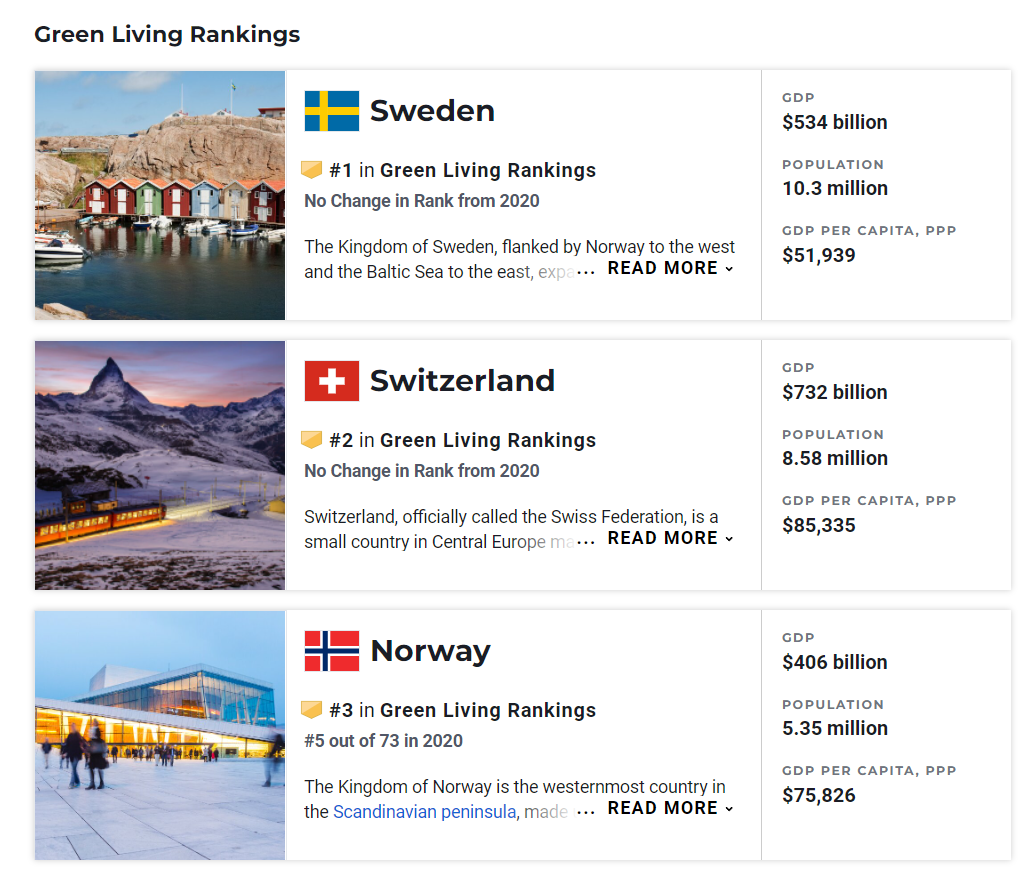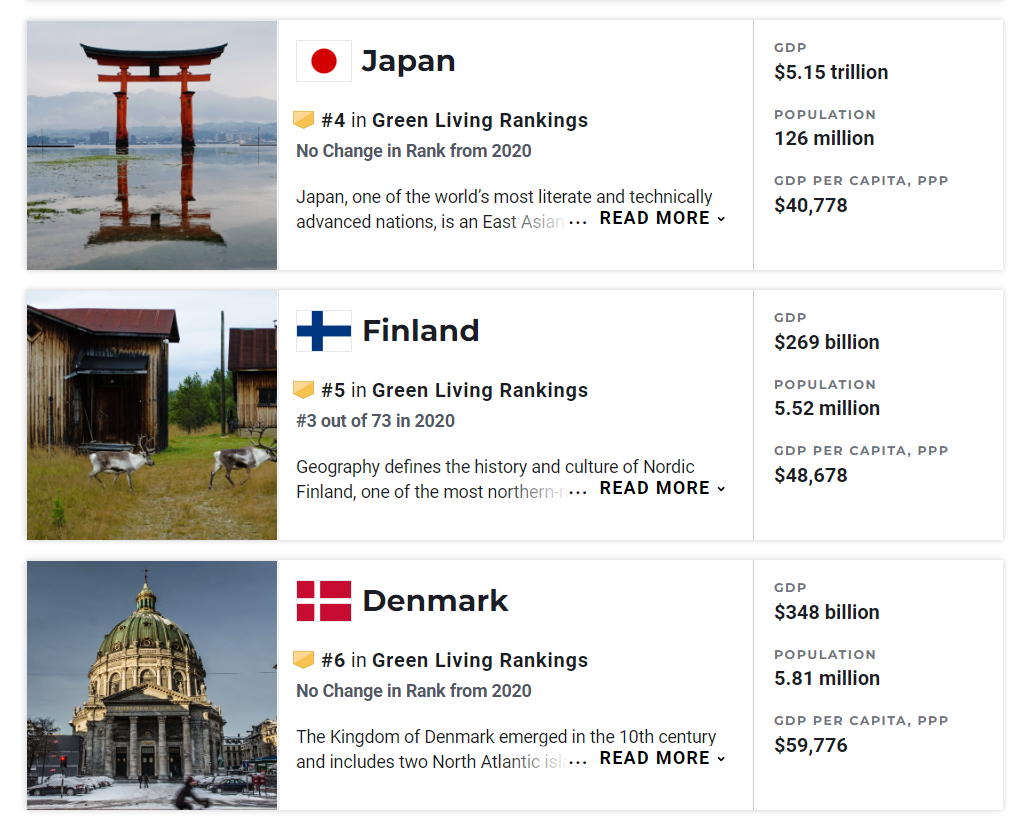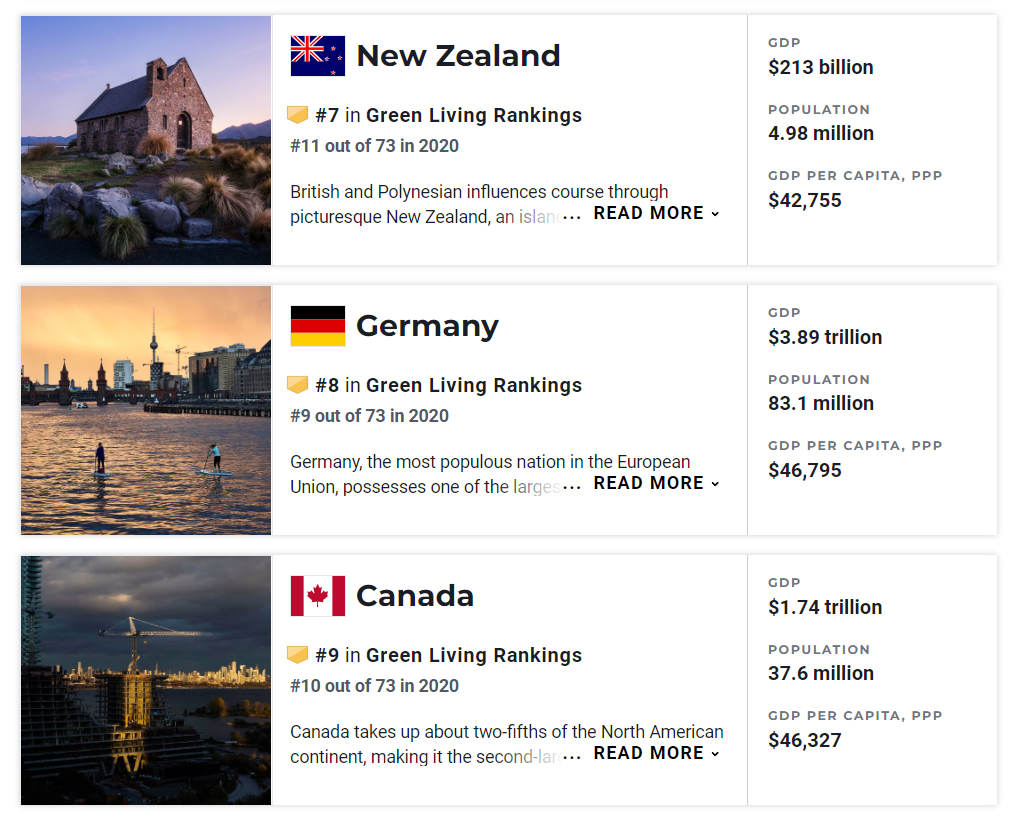General Discussion
Related: Editorials & Other Articles, Issue Forums, Alliance Forums, Region ForumsDismantling the fossil-fuel economy at the Stockholm+50 UN Global Climate Summit

To address climate change, biodiversity loss and plastic pollution, Stockholm+50 must confront oil, gas and coal head-on.
https://socialeurope.eu/dismantling-the-fossil-fuel-economy-at-stockholm50

Our planet is facing a triple crisis of climate, nature and pollution, with one common cause—the fossil-fuel economy. Oil, gas and coal are at the root of runaway climate disruption, widespread biodiversity loss and pervasive plastic pollution. The conclusion is clear and must be paramount when political leaders gather in Stockholm this week to commemorate the 50th anniversary of the first United Nations Conference on the Human Environment. Any effort to address these existential threats to human and ecological health will mean little as long as the fossil-fuel economy remains intact.
As the United Nations secretary-general, António Guterres, recently noted, fossil fuels are choking our planet. In the last decade, their combustion accounted for 86 per cent of global carbon dioxide emissions, for which just a few actors bear overwhelming responsibility. In fact, nearly two-thirds of all CO2 emitted since the industrial revolution can be traced to just 90 polluters, mostly the largest fossil-fuel producers.
Only the beginning
Yet, rather than reining in the polluters, the world’s governments are currently planning to allow more than twice as much fossil-fuel production in 2030 as would be consistent with the goal—agreed under the 2015 Paris Agreement—of limiting global heating to 1.5C above pre-industrial levels. And when it comes to the damage wrought by fossil fuels, higher global temperatures and intensifying extreme weather events are only the beginning.
Last year, the UN special rapporteur on toxics and human rights, Marcos Orellana, affirmed what frontline communities have long known: fossil-fuel production generates toxic compounds and pollutes air, water and soil. Air pollution from burning fossil fuels was responsible for about one in five deaths worldwide in 2018. Moreover, oil and gas are the building blocks of the toxic chemicals, pesticides and synthetic fertilisers which are pushing ecosystems and species to extinction. These fossil-fuel-based products perpetuate an economic and agro-industrial model which drives deforestation, destroys biodiversity and threatens human health.
snip
Hugh_Lebowski
(33,643 posts)And that would include purposefully limiting immigration from lower carbon-use countries ... to higher carbon-use countries.
Leaders also need to start telling the population that the days of ever-increasing 'standards of living' and 'economic growth' as time goes by are over, and that they must expect a decrease instead.
Blaming FF producers for the climate problem is of course much easier for political leaders, but the real problem ... is humanity.
Profligate fossil fuel use is just a symptom of a much bigger problem.
Celerity
(54,005 posts)rate, so I assume you are talking about the 3rd world (especially Africa).
By 2050, 151 countries are forecasted to have a total fertility rate lower than the replacement level.
Researchers Say Earth Is Headed for "Jaw-Dropping" Population Decline
"It's extraordinary, we'll have to reorganize societies."
https://futurism.com/global-birth-rates-falling-precipitiously?ref=thefuturist
People around the globe are having way fewer babies. By the year 2100, that might turn into a pretty big problem for humanity — rather than the relief one might expect. If they aren’t already, dozens of countries’ populations will be going into decline in this century, according to a new study published in the Lancet this week. 23 countries are expected to feel this effect intensify, with their populations dropping to half of what they are now by the year 2100.
The global population will peak at 9.7 billion around 2064, according to the new projection, and then drop off to 8.8 billion towards the end of the century. “That’s a pretty big thing; most of the world is transitioning into natural population decline,” Christopher Murray, co-author and researcher at the University of Washington, Seattle, told the BBC. “I think it’s incredibly hard to think this through and recognize how big a thing this is; it’s extraordinary, we’ll have to reorganize societies.”
The reality is that with more women receiving an education and entering the work force, combined with the wide availability of contraception, fertility rates are dropping, sometimes precipitously, around the world — a stark reversal of the baby boom following the Second World War. Countries including Spain, Portugal, and Thailand will have their populations more than halve by the end of the century — “jaw-dropping,” according to Murray.
But aren’t fewer humans better for a ravished world that’s rapidly being drained of its resources? The researchers suggest that there may be fewer babies being born, but any positive consequences for the environment would be offset by the challenges of a rapidly aging population. Much older populations “will create enormous social change,” Murray told the BBC. “Who pays tax in a massively aged world? Who pays for healthcare for the elderly? Who looks after the elderly? Will people still be able to retire from work?” “We need a soft landing,” he added.
snip
Fertility, mortality, migration, and population scenarios for 195 countries and territories from 2017 to 2100: a forecasting analysis for the Global Burden of Disease Study
https://tinyurl.com/ybadb2q7
snip
Findings
The global TFR in the reference scenario was forecasted to be 1·66 (95% UI 1·33–2·08) in 2100. In the reference scenario, the global population was projected to peak in 2064 at 9·73 billion (8·84–10·9) people and decline to 8·79 billion (6·83–11·8) in 2100.
The reference projections for the five largest countries in 2100 were
India (1·09 billion [0·72–1·71])
Nigeria (791 million [594–1056])
China (732 million [456–1499])
the USA (336 million [248–456])
and Pakistan (248 million [151–427]).
By 2050, 151 countries were forecasted to have a TFR lower than the replacement level
183 were forecasted to have a TFR lower than replacement by 2100.
23 countries in the reference scenario, including Japan, Thailand, and Spain, were forecasted to have population declines greater than 50% from 2017 to 2100
China's population was forecasted to decline by 48·0% (−6·1 to 68·4) by 2100.
China was forecasted to become the largest economy by 2035 but in the reference scenario, the USA was forecasted to once again become the largest economy in 2098.
Hugh_Lebowski
(33,643 posts)It needs to be WELL below replacement level.
And like I implied above, if you allow immigration from lower-use to higher-use countries, it's very similar to more babies being born, so that must be limited as well.
And it's also critical that people stop expecting perpetual economic growth and SoL improvements. Why? Because exploitation of fossil fuels is what actually makes those things possible.
And as far as this of reasoning goes "but any positive consequences for the environment would be offset by the challenges of a rapidly aging population." I call BS. This is comparing apples to oranges. Those 'challenges' cannot 'offset' the positive environmental consequences.
If people die younger because there's not as many young people to take care of them and fund healthcare and pay taxes as the article says ... then so be it. That will also have positive environmental consequences.
In my humble opinion, we either reduce our population humanely, starting now with limiting births and migration, or we're going to end up in like a Logan's Run situation, and/or with perpetual wars over dwindling resources, and/or with climate issues so bad that famine, drought, pestilence and disease wipe out huge swaths of the population on a regular basis.
Celerity
(54,005 posts)replacement rate, and then also disagree with your attempts to change emphasis away from the much more critical issue of global climate change.
Btw, many nations in Europe, Sweden included, have been desperate to raise their native birth rates for ages, and have implemented many subsidies and benefits in attempts to do so.
Hugh_Lebowski
(33,643 posts)Curious why you think 'below replacement level' is some special number?
If we want to reduce fossil fuel use ENOUGH to make a real climate difference, there needs to be a LOT less people on the planet. ESPECIALLY in high energy use nations. I encourage NEGATIVE population growth, below replacement level, the lower ... the better.
"Btw, many nations in Europe, Sweden included, have been desperate to raise their native birth rates for ages, and have implemented many subsidies and benefits in attempts to do so"
... and I think that's ridiculous, no offense to your country or you. I highly suspect this is for economic/social safety net reasons, and it is absolutely NOT to help the environment/stop climate change.
Granted, I also probably care a lot more than most about the other species on this planet who will be going extinct by the 100's every year if we don't get REAL serious about ACC, so that impacts my thinking a lot. I think of humanity as something very akin to a virus on this planet. Bit of a misanthrope, not going to lie.
IMHO, the only way to really reduce FF use to the level we need it to be at to avoid catastrophe ... are the things I just said.
Other than with things like better capture of carbon during production and refining (there's certainly room for that to be clear) society really can't 'rein-in' the FF companies ... because there's no substitute at present for a LOT of things we use them for.
Also IMHO, a TON of nuclear power generation capacity needs to be built, Manhattan Project style, but globally.
Actually cutting production? Not really an option, because people expect perpetual growth and (in richer countries) a high standard of living, and you can't have that without FF energy.
It's comforting in the face of impending disaster to find oneself an external 'boogie man' like 'Big Fossil Fuels' and think 'if we could just do something about them, we'd be okay', but personally I just can't in this case.
They're simply giving HUMANITY ... what it wants and thinks it needs.
People, and their mindset/expectations ... are the root of the problem.
Celerity
(54,005 posts)also
Most sustainable countries
https://www.usnews.com/news/best-countries/most-sustainable-countries




